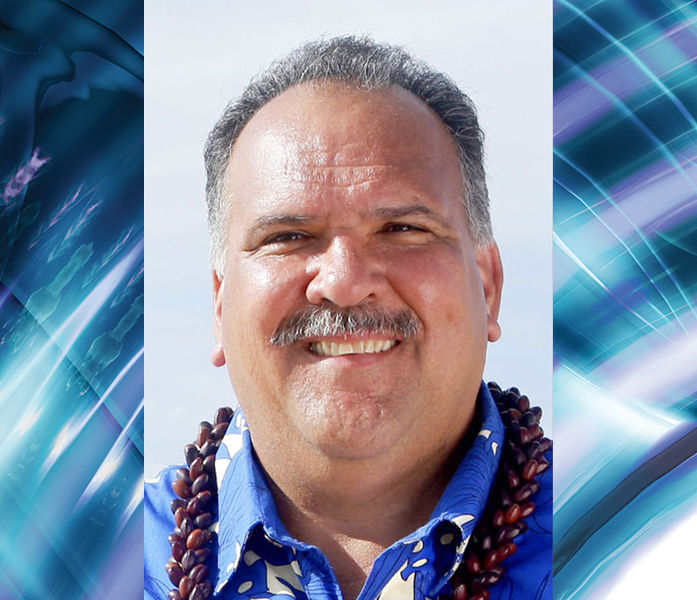Kauai’s vision for the future of Lihue’s Town Core is what helped secure $13 million in federal money to improve the city. The project was highlighted Thursday as one of 39 recipients of this year’s Transportation Investment Generating Economic Recovery
Kauai’s vision for the future of Lihue’s Town Core is what helped secure $13 million in federal money to improve the city.
The project was highlighted Thursday as one of 39 recipients of this year’s Transportation Investment Generating Economic Recovery Grant in a news conference by the U.S. Department of Transportation.
Kauai Mayor Bernard Carvalho, Jr. spoke at the event, as well as U.S. Secretary of Transportation Anthony Foxx.
“TIGER grants play an essential role in helping our country move more quickly, more safely, and more reliably,” Foxx said in a statement. “(There are) challenges around the corner in transportation over the next 30 years and this helps alleviate the pressure on our system over the long term.”
Applications were evaluated on whether the project improves the safety of the area, the economic impact, what types of partnerships are involved, and whether they improve the quality of the transportation systems.
“It’s helpful when there’s local skin in the game in terms of dollars matching up against projects,” Foxx said. “What we were looking for this time were projects that really respond to current needs as well as to future needs.”
The $13 million TIGER grant that Kauai County received is going to be put toward revitalizing the Lihue Town Core, with a focus on sidewalks and bike lanes.
“This grant will allow us to complete transportation infrastructure that is needed to continue to transform this engaging town center into a thriving commercial civic and important cultural heart of our island,” Carvalho said.
He said his office is looking at housing projects that could be tied to the plans. He said new sidewalks and bike lanes will provide better access to businesses and schools.
“This project will move people safely and (give people) choices in the transit system that will be very user-friendly for our island,” he said.
The department received 627 eligible applications from across the nation, totaling around $10.1 billion in projects, about 20 times more than the $500 million the grant distributes. In total, 43 percent of the awarded projects were rural.
“This year we saw a higher percentage of rural projects that showed some transformative value that cut above the day-to-day and actually suggested a level of vision,” Foxx said.
He said the number of applicants for the grant has been on the rise because federal transportation money has been dwindling. His hope is that the spike in rural awards will inspire more rural communities to seek the grant.
“TIGER is becoming the escape valve for projects looking for dollars,” Foxx said. “That’s why you see so much interest in the TIGER program.”
It’s not a terrible problem to have, though. Foxx said more interest in the grant program means more interest in improving infrastructure nationwide.
“We are excited about these TIGER grants because they catalyze things that are important all across the country,” Foxx said.


